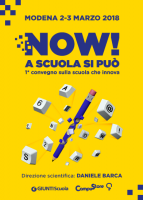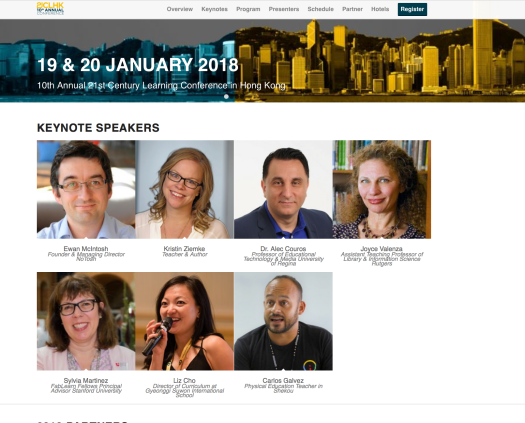The Canadian newspaper Globe and Mail interviewed me for an article about schools and the Maker Movement in Vancouver. The Maker Movement in schools has students learning by doing by Anne Casselman and Paul Attfield really captures the excitement of many different classrooms integrating design, technology, and making.
“We want to turn little kids into little creative minds,” says interim head of school Susan Groesbeck. “This is the opposite of rote learning.”
“We want to be one of the schools that has this, not as a frill or as an add-on, but really integrates it into the curriculum. The children are going to be excited and so super challenged.”
Ever since the Maker Movement got going in the early 2000s, it was a matter of time before the tech-oriented DIY movement’s philosophies were adopted into the classroom, as teachers and librarians saw the value of creating dedicated tinkering spaces, known as makerspaces, for students.
“For a lot of the history of school, we’ve kind of done this rote memorization and standardized testing as a means of providing an efficient [education] system, all the while ignoring the fact that it’s not how most people learn,” says Sylvia Libow Martinez, co-author of the book Invent To Learn: Making, Tinkering, and Engineering in the Classroom.
“What’s good about the Maker Movement is it’s helping teachers find their own voice and be able to articulate what’s right about education in a way that makes sense in the modern world.”
“We really want kids to leave here feeling that they are problem finders and problem solvers. We don’t know what the problems are going to be in the future. We don’t know the technology these students are going to be using, so it’s not about coding for the sake of coding, or teaching saw skills for the sake of being able to saw,” says Andrea Ryan, the school’s learning specialist for design integration. “It’s that sense of empowerment to be able to go forth and be and do.”
“Strong research suggests that messing around is not wasted time and that it’s actually what the brain needs to both relax and concentrate on important aspects,” says Ms. Martinez, who stresses the difference between handing children a bunch of app-laden tablets and what happens in educational makerspaces, where children are in charge of technology.
“If you’re just going to replicate the most rote, the most boring parts of school on a computer screen, that’s not what I’m talking about.”
Ms. Martinez explains that the technology unto itself is not equivalent to teaching. The distinction between having children in charge of the technology, and children passively consume it is key, as identified by the late Seymour Papert, pioneer of educational technology and MIT Media Lab professor.
“One of [Dr.] Papert’s seminal questions is: Does the child program the computer or does the computer program the child,” she says. “And you have to know which side you’re on.”
 ICE 2018 – Feb 26 (Chicago) I’m part of an “All-Star” lineup of presenters who are participating in the Illinois Computing Educators conference. Instead of one keynote they are bringing back keynotes from previous years to do panels and featured presentations. It’s a bit embarrassing to call yourself an “All-Star” but that’s their term, not mine! Check out the whole list and join us!
ICE 2018 – Feb 26 (Chicago) I’m part of an “All-Star” lineup of presenters who are participating in the Illinois Computing Educators conference. Instead of one keynote they are bringing back keynotes from previous years to do panels and featured presentations. It’s a bit embarrassing to call yourself an “All-Star” but that’s their term, not mine! Check out the whole list and join us!







